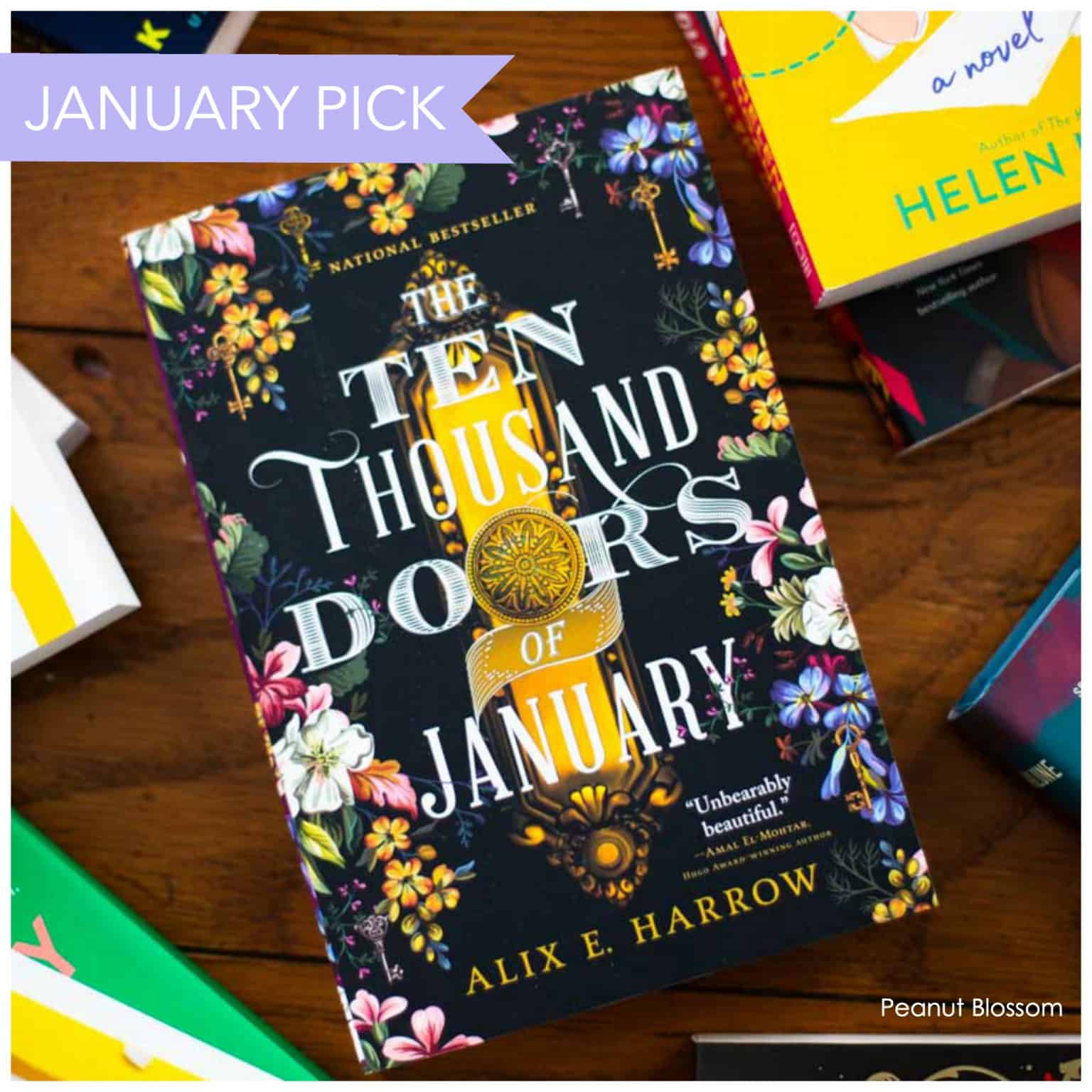

It’s also incredibly earnest, in that endearing puppy way, all big eyes and enthusiasm.īut, as most debuts, it also suffers from the usual maladies of adolescence: first and foremost, it’s a YA book, and I’ve no more patience with this genre. It is an entertaining, character-focused book, with languorously meandering action and an interesting cast of secondary characters.

You see, there are indeed many things that The Ten Thousand Doors of January should be praised for, particularly a highly inventive use of the symbolism and meaning of portals, thresholds and doors, successfully employing plenty of references to various myths and folktales I’m a sucker for. I should’ve paid more attention to the elements that weren’t complimented, I think, armed as I am now with hindsight.

And that’s what I remembered about them: they were all positive, sometimes even raving, and all praising the author’s imagination and poetic language. Harrow’s debut novel, The Ten Thousand Doors of January, has made its rounds around the blogosphere over the last two years, with predominantly – almost exclusively, in fact – positive reviews.


 0 kommentar(er)
0 kommentar(er)
